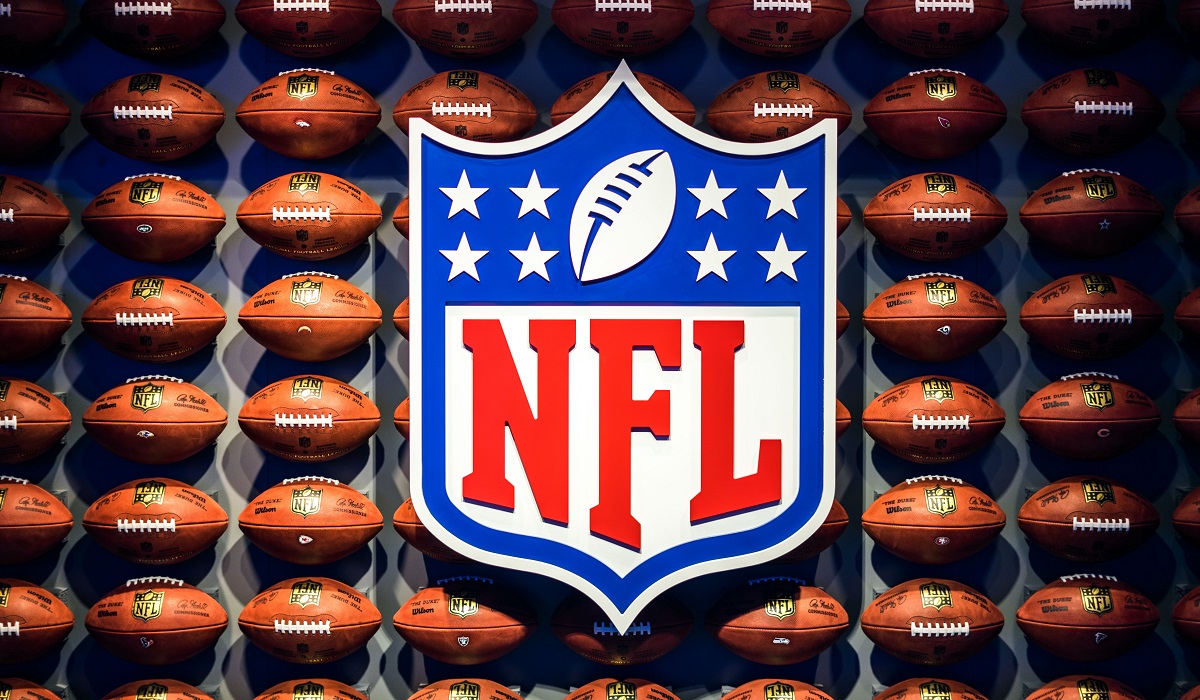Baker Mayfield was mad, like, really mad, and honestly, can you blame him? The Tampa Bay Buccaneers had just dropped a 24–9 loss to the Detroit Lions in Week 7, and the quarterback was visibly frustrated with how the game went down, particularly with some officiating decisions that didn’t exactly make him feel like justice was served.
Here’s the play-by-play of his meltdown: Mayfield was upset about a possible missed defensive-holding call on Detroit, then there was a replay review situation that initially gave Tampa a first down, only to have it reversed a few moments later. By the end of the game, Mayfield had had enough. He let referee John Hussey know exactly how he felt, loud, clear, and unfiltered.
After the game, he didn’t hold back:
“A third down defensive holding call that wasn’t called, and also I’m still pretty damn confused about the double review. A lot of things in that game that were a little questionable. It might be displaced onto John Hussey in the moment, but I work my ass off … when things I don’t seem are deemed fair, I’m gonna let somebody know.”
Classic Baker, passionate, fiery, and not exactly shy about calling it like he sees it. And yet, despite this very public outburst and the sideline confrontation, the NFL decided not to fine him. Yep, no fine, no slap on the wrist, nada. Considering the league has fined other players for much less, even offhand comments about officiating, that’s a pretty interesting move.
What Set Baker Mayfield Off
The trigger? One of those “ugh” moments that makes every quarterback grind their teeth. Lions defensive lineman Tyrus Wheat tripped Mayfield on a key play. No flag. No whistle. Just Baker hitting the turf and another scoring opportunity slipping away.
Wheat, on the other hand, didn’t escape the league’s attention. He was later fined $5,722 for striking, kicking, tripping, or kneeing, according to the NFL.
That, understandably, added fuel to Baker’s fire. When your own body and the officials aren’t on the same page, frustration builds, and when you’re as competitive as Mayfield, it shows.
Why the NFL Cut Him Some Slack
Here’s the part that got everyone talking: the NFL didn’t fine him. How come?
- Context matters. Mayfield didn’t scream insults at Hussey, didn’t throw a fit that disrupted the game, and didn’t break any physical rules. His comments were heated but measured for the situation.
- Heat-of-the-moment reasoning. Everyone loses their cool sometimes, especially in high-stakes professional sports. The league probably considered the fact that he was emotional, but not malicious.
- Track record and optics. Baker isn’t a stranger to controversy, but he’s also a key player for a team in the playoff mix. A fine or suspension here might have felt heavy-handed.
Basically, Baker walked that fine line between “passionate and fiery” and “unprofessional,” and the league decided he didn’t cross it.
Lessons from the Sideline
This moment is a great reminder of the weird gray area NFL players operate in. Fans love seeing passion on the field, it’s part of the entertainment, it’s what makes football exciting. But the second that heat is directed at officials, that’s when you risk league discipline.
Baker managed to vent without tipping over. He was blunt, honest, and yes, a little sassy, but he didn’t overstep in a way that the NFL felt required punishment. It’s a delicate balance, and not every player can pull it off.
This also shows how the NFL handles discipline. Sure, there are rules about player conduct, but context is king. The league considers tone, intent, past behavior, and the optics of the situation.
For Mayfield, the takeaway is pretty clear: you can show frustration, you can call out calls you disagree with, and you can be passionate, as long as you don’t cross certain lines. And he didn’t.
Meanwhile, the Wheat fine shows that the NFL isn’t ignoring bad conduct, it’s just differentiating between physical infractions and verbal frustration. Both get attention, but the approach is tailored to the situation.
Another thing to notice: Baker didn’t double down later in the week. No social media rants, no heated post-interviews. He vented in the moment and then let it go. For a player known for his fiery personality, that’s a level of maturity. He expressed his frustration without letting it snowball into a bigger issue.
That kind of controlled passion is exactly what makes him both entertaining and effective as a leader on the field.
What It Means Going Forward
The league’s decision to not fine Baker reinforces the idea that context matters, and that measured, passionate frustration is part of the game.
That said, the NFL is always watching. Another sideline blowup might not get the same treatment. So while Baker can feel vindicated this time, he still has to pick his battles carefully.
Baker Mayfield got mad, he called out what he saw as unfair officiating, and he walked away without a fine. Meanwhile, Tyrus Wheat paid the price for a tripping incident. The NFL showed that it can be nuanced, punishing physical misconduct while recognizing that verbal frustration, expressed in context, isn’t always a punishable offense.
In the end, Baker’s outburst was both a moment of passion. The NFL noticed, considered the context, and let it slide.
